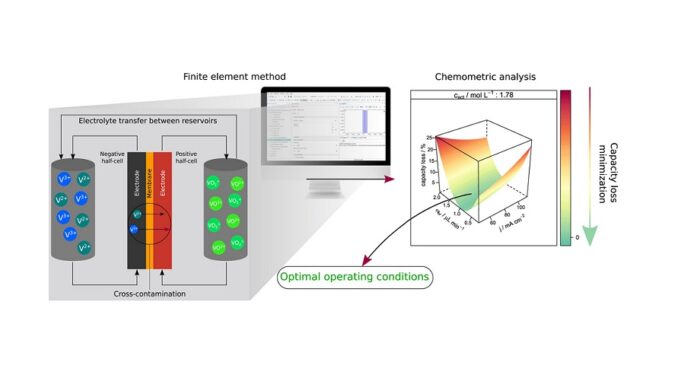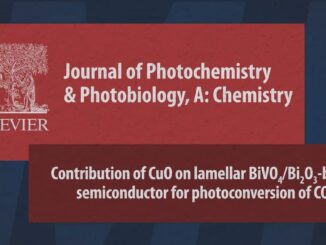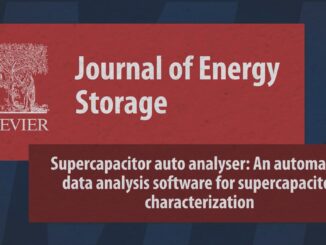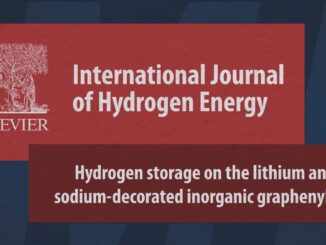
Mitigating the capacity loss by crossover transport in vanadium redox flow battery: A chemometric efficient strategy proposed using finite element method simulation
Abstract: Energy storage systems play a major role in the energy transition. Among them, vanadium redox flow batteries are a promising alternative to conventional batteries, which due to their design can be scaled, and it is possible to decouple power and energy density. However, the transport of electroactive species through the membrane (cross-contamination) reduces the capacity and useful life of these batteries. In this work, computational simulation was performed using the finite element method coupled to chemometric analysis to develop a mitigation strategy to decrease the vanadium redox flow batteries capacity loss by cross-contamination. This study can be divided into two stages. Initially, a 23 full factorial design was performed to evaluate and determine the effect of different variables: current density, active species concentration, and volumetric flow on the loss of capacity of vanadium redox flow batteries. In the second stage, a Doehlert design was performed with current density, the concentration of active species, and the volumetric flow between electrolyte tanks as variables to obtain the optimum conditions that minimize capacity loss. The results show that the current density and the concentration of active species are the main variables that affect capacity loss in vanadium redox flow batteries. The proposed approach successfully mitigated the cross-contamination in different combinations of current density and concentration of active species providing an optimal flow between electrolyte tanks for different operating conditions.
Author(s): Luis Felipe Pilonetto, Felipe Staciaki, Eryka Nóbrega, Evaldo B. Carneiro-Neto, Jeyse da Silva, Ernesto Pereira
Chemical Engineering Journal
Available online 24 August 2023, 145336
DOI: https://doi.org/10.1016/j.cej.2023.145336
CDMF
The CDMF, hosted at the Federal University of São Carlos (UFSCar), is one of the Research, Innovation and Dissemination Centers (RIDC) supported by the São Paulo State Research Support Foundation (Fapesp), and also receives investment from the National Council Scientific and Technological Development (CNPq), from the National Institute of Science and Technology of Materials in Nanotechnology (INCTMN).




